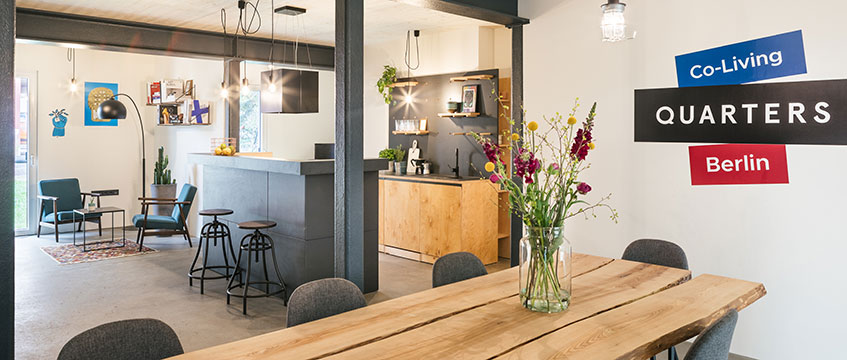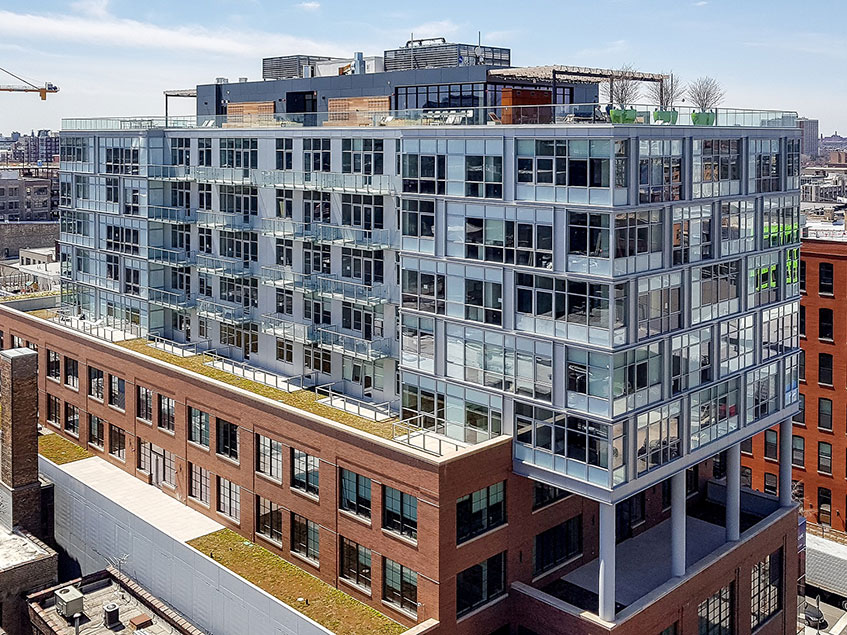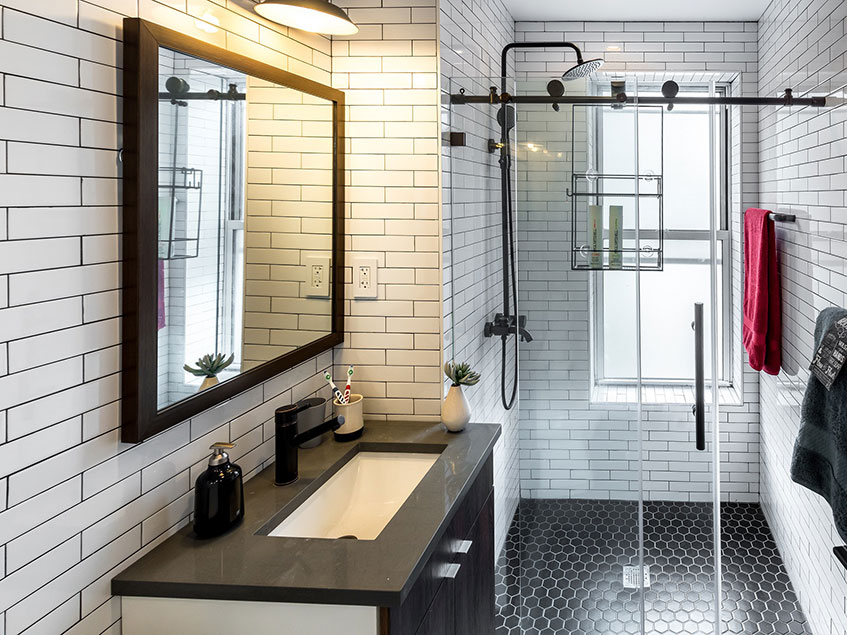In 2017, Medici Living, the self-proclaimed largest provider of co-living in the world, announced plans to expand its Berlin-based business into the UK.
More than two years later, with more than 10,000 co-living bedrooms at various stages of development, it still holds the crown in terms of scale. And with a new platform called Quarters and a new head of international expansion at the helm, it is finally locking down its first schemes in London and Manchester.
“It has been very, very challenging in the UK,” says Quarters’ global head of expansion, Philip Grace. He blames the “complications and bureaucracy” of planning for the hold-up. “Each borough, town and city has its own interpretation of where co-living should sit.”
Quarters has spent the past two years navigating local authority planning nuances and defining the product, use class and funding and development model. Grace is optimistic, however: “Now we have cracked it.”
He adds: “So much of my time is spent educating people about what co-living is. What people fail to understand is that it is a flatshare, which we are delivering to professional standards, overlapped with a platform that allows the community to prosper.”
Instead of fighting co-living, legislators should be embracing the accommodation and setting minimum standards, such as size, light provision and kitchen requirements, he says.
“They should be more proactive to encourage co-living, because what we are delivering is an affordable way for people to live healthily together, closer to where they work.”
‘We are not building boxes’
Quarters’ co-living product offers shared living in three- or four-bedroom apartments, with a kitchen, bathroom and community space. This is classified under the planning use class C4 as a house in multiple occupation.
This version of co-living product is not dissimilar to the small self-contained units with community space pioneered by the likes of The Collective, which fall under sui generis defined as co-living. Grace argues that the two are fundamentally different, however.
“The one thing that legislators don’t understand is that we are not building boxes,” he says. “What we are delivering is somebody’s home.
“It would have been very easy for us to go down The Collective’s route or similar, but we are insistent that our product is residential, and we have spent an inordinate amount of time trying to get this to a place where people see co-living as a residential solution and not a quasi-Airbnb, short-term-stay, solo-living environment.”
Quarters requires a minimum stay of at least three months, with properties in some cities requiring leases of six months or longer, depending on local legislation. Grace claims that the average stay is 11 months, and he says longer stays are essential to building a community.
Although rents vary by location, Quarters aims for a price tag that is 20% under the average studio apartment rate for an area.
Grace says the operator can fill a building in four months and maintain 98% occupancy. This is aided by Quarters’ on-site community managers (Grace calls them “chief happiness officers”) and a community app through which users can match themselves with potential new housemates.
Hub-and-spoke expansion

Medici Living has launched a €1.1bn (£940m) fundraise with investment manager Corestate Capital for European expansion and secured a further $300m from family office W5 Group. The expansion comes as the co-living provider strives to reach 1m users by 2025, up from just 12,000 today.
While Quarters seeks to lock down the finance to build out its first UK schemes, Grace says the company is also eyeing smaller opportunities in the capital.
It will look to convert existing apartments in order to have schemes up and running this year. “That will allow us, operationally, to get our ducks in a line, ready for the bigger stuff coming forward,” he says.
In London, Quarters will target sites in Zones 2 and 3, close to transport and local amenities. “It doesn’t have to be one particular area – we can have a carefully thought out hub-and-spoke approach,” Grace says.
The first schemes will be a ground-up development of 250 bedrooms in Manchester and an office-to-residential conversion comprising 350 bedrooms in London.
Quarters is in talks with several funders to acquire sites that it will run under master-lease agreements with developers. It has a goal to expand to at least 1,500 bedrooms in London alone this year and will look to deliver at least 1,000 beds in each major UK city it enters.
Grace is confident that there is demand in the market, and that Quarters and Medici are primed to tackle it.
“Despite Brexit, elections and everything else, London is London. One thing we can never do in London is build sufficient homes for people to live in,” he says.
“That problem of people being able to find somewhere affordable to live is exactly the same, whether you are in Warsaw, San Francisco or London.”
To send feedback, e-mail emma.rosser@egi.co.uk or tweet @EmmaARosser or @estatesgazette

















